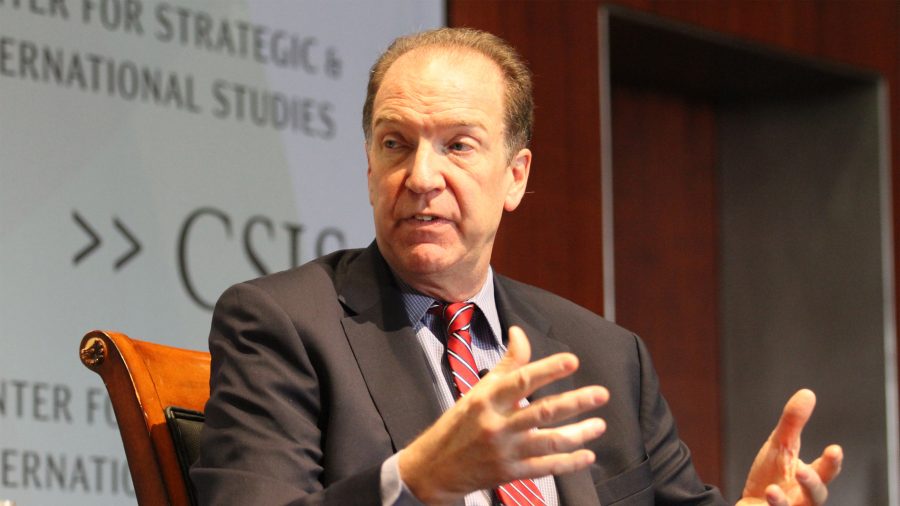The World Bank has revealed that a slow recovery of the global economy is not an inevitability and can be avoided through productivity-enhancing structural reforms.
This is contained in the Bank’s flagship report – Global Economic Prospects.
The Bank believes structural reforms are capable of offsetting the pandemic’s scarring effects and lay the foundations for higher long-run growth. It agrees that the global economy appears to be emerging from one of its deepest recessions and beginning a subdued recovery, beyond the short term economic outlook, following the devastating health and economic crisis caused by COVID-19.
According to the report, policymakers face formidable challenges — in public health, debt management, budget policies, central banking, and structural reforms, as they try to ensure that this still-fragile global recovery gains traction and sets a foundation for robust growth and development.
Highlights
- Growth in Nigeria is expected to resume at 1.1% in 2021 – markedly weaker than previous projections – and edge up to 1.8% in 2022, as the economy faces severe challenges.
- Investment is projected to shrink again this year in more than a quarter of economies – primarily in Sub-Saharan Africa (SSA), where investment gaps were already large prior to the pandemic.
- Growth in Sub-Saharan Africa is expected to rebound only moderately to 2.7% in 2021 – 0.4% point weaker than previously projected, before firming to 3.3% in 2022.
- Relative to advanced economies, disruptions to schooling have, on average, been more prolonged in emerging market and developing economies (EMDEs), including in low-income countries.
What the World Bank is saying
- “In the longer run, a concerted push toward productivity-enhancing structural reforms will be required to offset the pandemic’s scarring effects.
- “The intended productivity-enhancing structural reforms encompass promoting education, effective public investment, sectoral reallocation, and improved governance. Investment in green infrastructure projects can provide further support to sustainable long-run growth while also contributing to climate change mitigation.”
Are we ready to adjust structurally?
The World Bank has identified key areas that could trigger quick economic recovery. A close look at events in the country appears to suggest that we may be far from ready in terms of adjusting structurally.
A cursory look at the structural adjustment areas suggested by the Bank indicates that in Nigeria, for example, and maybe elsewhere, the single most important factor is improved governance.
All other factors appear to be contingent on this, as the Bank admits that improved governance and reduced corruption can lay the foundations for higher long-run growth. Policymakers and politicians in the country are therefore advised to pay close attention to activities geared towards reduced corruption and improved governance.
Another key area is public investment. Even though most public enterprises and related establishments are usually plagued with corporate governance problems, there are several ways by which the problems could be curtailed.
The issue of education, especially tertiary education, has been problematic with governments failing to meet the demands of university unions, resulting in strikes, almost on a yearly basis. It is hoped that a lasting solution to this springs forth soon.











